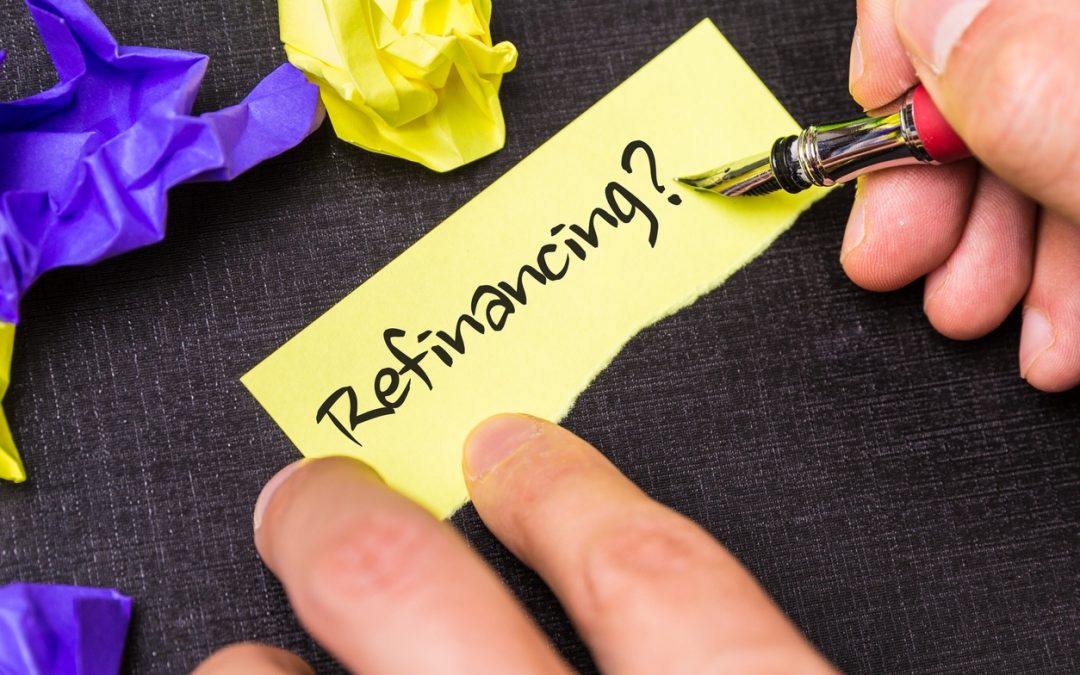Remember the holidays? The expenses quickly piled up: presents for the kids, the new tree, holiday parties, and airfare to your parents’ house across the country.
With your mountainous credit card debt, you barely made it through. You worry that if you don’t reconcile this growing debt, holidays are only going to grow harder to handle. But there’s a path you can take toward financial freedom — a refinancing loan for credit card debt.
What is a credit card refinancing loan?
This type of loan allows you to consolidate and pay off all your credit card debt in one monthly payment.
Most refinancing loans offer you advantageous fixed low-interest monthly payment terms and payment periods, helping you save big on interest as you make manageable monthly loan payments.
Can you pay off credit card debt with a personal loan? Yes, you can. The personal loan is far and away the most popular debt refinancing loan, but home equity loans and 401(k) loans are both fine choices, too.
The personal loan
Unsecured personal loans are available through credit unions, banks and online vendors. Credit unions usually offer the most flexible loan terms with the lowest APRs.
Pro tip! An APR, or annual percentage rate, is the amount a lender charges you to borrow money from them. It includes any fees or additional costs associated with the transaction, but it does not take compounding into account.
The home equity loan
You can refinance your house to pay off credit card debt. You take out this type of loan against the equity of your home —like a second mortgage. These are often considered the most risky because you put up your house as collateral. So if you don’t make payments, you can lose your home.
The 401(k) loan
You can borrow from your employer-sponsored retirement savings. These loans are different from the other two because they don’t come from a lender (you’re borrowing from yourself) and you bypass the need for a credit check. These loans typically have the lowest interest rates.
Advantages of credit card refinancing loans
As with any plan to refinance credit card debt, refinancing loans have their pros and cons. People usually take out such a loan for two reasons:
• Fixed monthly payments
Most debt refinancing loans require you to make fixed monthly payments over a set amount of time. Fixed payments can help you plan your monthly budget and make tracking payments much easier.
• Fixed interest rates
As opposed to a variable rate, which can cause payments to vary widely, a fixed (and often lower) interest rate keeps your monthly payments predictable.
Disadvantages of credit card refinancing loans
Credit card refinancing loans do have a few downsides:
• Origination fees
These work like balance transfer fees and typically range between 1 and 6 percent of the loan amount. Origination fees are a small downside overall, but one of which to be aware.
• Formal application process
Applying for a loan can take a little time, so be patient. Lenders will need to verify your income and usually your financial assets and check your credit history.
• Collateral risk
Some loans, such as home equity loans, require collateral so that the lender gets something if you fail to make payments. If you fail to pay off your loan, you could lose a lot more than a good night’s sleep.
The bottom line
You should consider a credit card refinancing loan if you have a huge amount of credit card debt—way more than you can manage with a balance transfer.




